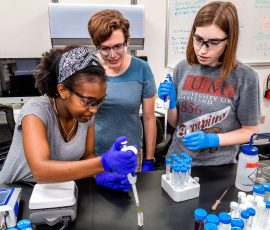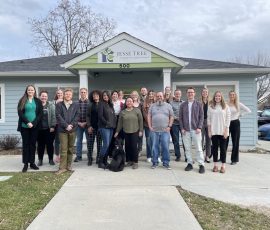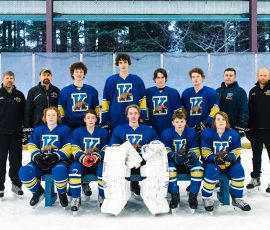It has been said that collaboration is key to innovation. As we look back on more than 45 years of supporting communities across the Pacific Northwest, we have seen this to be true time and time again. When leaders from diverse organizations, backgrounds, fields of research, and cultures work together toward a common goal, it yields innovation and the opportunity for more people to thrive. This is no less true in the scientific community. It was in this spirit that our RAISE initiative for collaborative scientific research was formed.
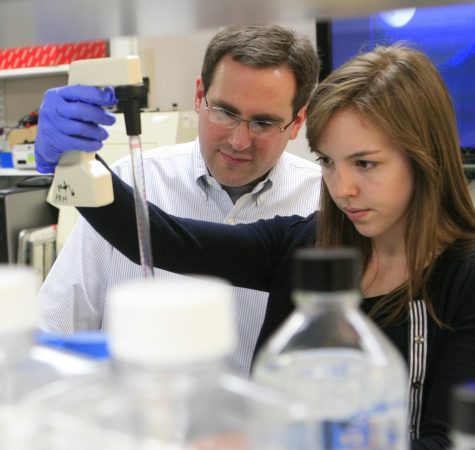
RAISE: Research Across Institutions for Scientific Empowerment
In 2014, we hosted a convening of chief academic officers and grants administrators from private undergraduate institutions across our region. In that room, we heard that while many in the undergraduate research community recognize the importance of collaboration, they did not have resources or structures in which to engage in collaborative projects outside of their own institutions. Researchers often felt isolated and struggled to engage their undergraduate students in cutting-edge research because of resource limitations.
At this convening, we began to imagine together: what if we could harness the incredible potential of researchers in that room in pursuit of common goals? What if we could break through the plateau in undergraduate research productivity and vitality? What if we could find ways to truly collaborate as a scientific community, despite differences in institution size or resources?
After piloting two successful collaborative research alliances that ran from 2014–16, we gained valuable feedback from our scientific community and created what we now call RAISE: Research Across Institutions for Scientific Empowerment.
RAISE is a grant initiative that enables research-active natural science faculty from private undergraduate institutions and public universities to collaborate. Through this collaboration, researchers can pursue synergistic, cutting-edge projects at a higher level of sophistication and scope than each group could pursue on their own. These projects will engage undergraduate students and likely result in peer-reviewed publications and ongoing research funding from federal agencies. In this way, RAISE projects are designed to introduce undergraduate students to the exciting world of scientific inquiry through an engaging, collaborative process at what we hope is just the beginning of their scientific career.
Here is an example of one such exciting project.
Understanding Our Galaxy’s History
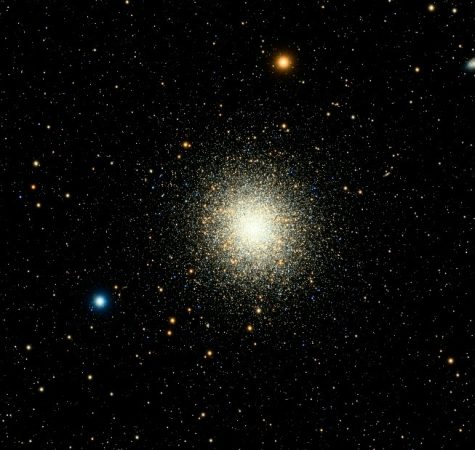
At our winter 2022 grants meeting, our Trustees approved a RAISE grant supporting the collaboration of Seattle University (the coordinating institution), Saint Martin’s University, Western Washington University, and The College of Idaho. The investigators from each institution are already leaders in this field and most of them have had previous or current federal support, from the National Science Foundation (NSF) or National Aeronautics and Space Administration (NASA). This project will engage up to 24 undergraduate students and five faculty researchers in yielding greater understanding of Milky Way Galaxy and the history of its formation.
Throughout our galaxy, including deep in the inner regions of the Milky Way, spherical groups of stars called globular clusters are found. Studying the distribution of these clusters was one way scientists early in the 20th century learned that the Sun lies far from the center of the Milky Way, and globular clusters have been teaching us much before then and ever since. In this RAISE project, leading researchers will study the disruption and dissolution of some of these globular clusters, using exciting new data from highly sensitive surveys to conduct a systematic search for extra-tidal stars, or stars just outside a globular cluster’s radius. Learning more about these extra-tidal stars will help reveal how the inner Galaxy was formed. The complementary techniques each investigator brings to this project will position these researchers as key players in detecting new features in the Milky Way, and advance critical understanding of our galaxy’s history.
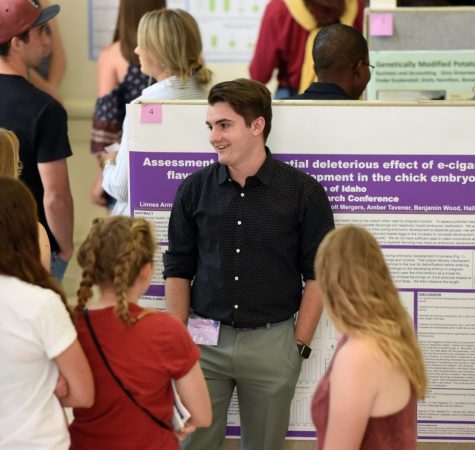
This RAISE grant, along with financial support from each institution, will help fund stipends and travel costs for five researchers and 24 undergraduate researchers throughout the three-year project. By engaging undergraduate students in such critical research and introducing them to the collaborative potential of scientific research, this project will help educate and encourage our next generation of scientific leaders.
Collaboration Across the Pacific Northwest
In addition to this exciting project, our last call for RAISE applications resulted in nearly a dozen other institutions across the Pacific Northwest seeking funding for collaborative projects in their fields. We are heartened to see the ways leaders and students in the scientific community are reaching out, joining hands, and working for the common good together. We hope that these projects are just the beginning of many more collaborations and partnerships throughout this vibrant scientific community.
To those who helped us imagine and create this RAISE initiative, and to each of the researchers and students whose participation makes true partnership possible, we say thank you! May collaboration and innovation continue to thrive in scientific communities, and all communities, across the Pacific Northwest.


